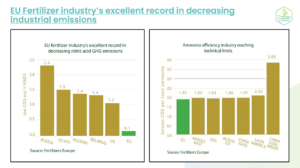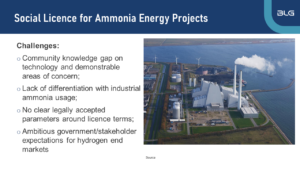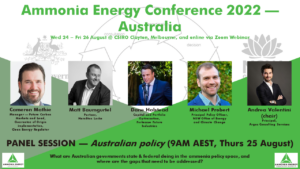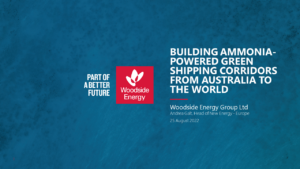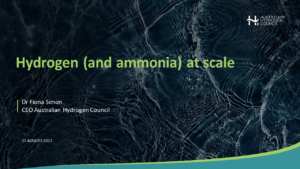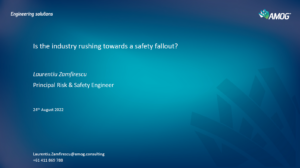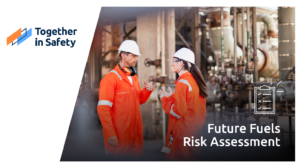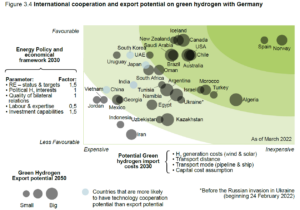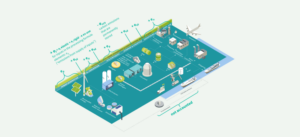Renewable Fertilizers in Europe
In our most recent episode of Ammonia Project Features, we explored the potential for renewable fertilizers in Europe. Birgitte Holder (Yara) explained that renewable hydrogen is low-hanging fruit for decarbonizing food production, but further emissions reduction will come from working across the full value chain: including on the farm itself. Yara’s agreement with agricultural cooperative Lantmannen is part of this wider focus. From a regulatory perspective, Theo Paquet (Fertilizers Europe) showed us there are many regulatory levers to pull to achieve decarbonization goals in the fertilizer sector, and that national food & energy security concerns may accelerate regulatory change in the coming years.
